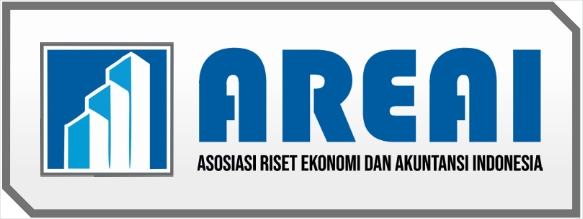Potential of Zakat as an Alternative Source of Financing for MSMEs: A Review of the Perspective of Islamic Economics
DOI:
https://doi.org/10.55606/iceb.v3i2.436Keywords:
MSMEs, Zakat, Sharia EconomyAbstract
This study discusses the potential of zakat as an alternative source of financing for Micro, Small, and Medium Enterprises (MSMEs) from a sharia economic perspective. Zakat not only functions as a religious obligation, but also an economic instrument that supports community empowerment, especially MSME actors. In the Indonesian context, the MSME sector plays a strategic role in economic growth, but often faces financing constraints from formal financial institutions. This study examines the extent to which productive zakat can support MSMEs through the distribution of business capital, skills training, and capacity development. Based on library research methods, it was found that although zakat has great potential to strengthen MSMEs, its implementation still faces challenges, such as less transparent management and less than optimal coordination between stakeholders. This study recommends more professional zakat management, increased coordination between zakat institutions and the government, and training for zakat recipients so that its impact is more sustainable. By optimizing the use of zakat, it is hoped that MSMEs can develop inclusively, while supporting national economic growth.
References
Amelia, N., Machfiroh, I. S., & Fitriyani, Y. (2020). Analysis of the influence of zakat fund distribution on the development of mustahik small and medium enterprises (SMEs). Journal of Accounting, Economics and Business Management, 8(1), 45–51. https://doi.org/10.30871/jaemb.v8i1.1707
Andrean, R., Rahmawati, N. F., Fikri, M. K., & A. F. (2023). Utilization of Islamic bank social funds through financial technology platforms for empowering MSMEs in the digital era. Journal of Sharia Finance and Banking, 3(1), 45–59. https://doi.org/10.28918/velocity.v3i1.6634
Fauzan, I. (2022). Zakat management for MSME financing: Challenges and opportunities. Journal of Islamic Economics, 13(1), 120–134.
Hidayat, M., & Mulyani, R. (2021). Analysis of MSME financing constraints in Indonesia. Journal of Economics and Development, 24(2), 145–157.
Ismail, F., & Rahman, H. (2023). Productive zakat: MSME empowerment program in Indonesia. Journal of MSME Development, 15(3), 76–89.
Lubis, N. K., & Y. S. J. N. (2024). Analysis of the role of zakat in improving the welfare of small and medium enterprises in the Muslim community in Medan City. Journal of Economics and Business, 15(1), 37–48.
Masyhur, M. (2020). Zakat as an economic instrument to reduce social disparities. Journal of Islamic Economics, 11(2), 231–242.
Natsir, A. (2021). Utilization of zakat for financing MSMEs: Potential and challenges. Journal of Economics and Business, 18(3), 200–215.
Nawang, R. (2020). Principles of Islamic economics in UMKM financing. Journal of Islamic Economics and Finance, 9(1), 44–56.
Sari, D. (2021). Zakat as a tool for wealth redistribution in Islamic economics. Journal of Economics and Development, 10(4), 78–91.
Siregar, N. K., Yafiz, M., & R. S. (2023). Potential and role of zakat in improving the welfare of micro, small and medium enterprises (Case study of Balai Bina Mandiri Medan Denai). Student Research Journal, 2(1), 54–73. https://doi.org/10.58192/populer.v2i1.528
Suyanto, S. (2022). Optimizing the use of zakat for financing MSMEs in Indonesia. Journal of Economic Development, 26(2), 102–115.
Usman, A. (2022). Zakat in the perspective of Islamic economics: Social and economic benefits. Journal of Islamic Economics, 12(2).
Downloads
Published
How to Cite
Issue
Section
License
Copyright (c) 2024 Proceeding of The International Conference on Economics and Business

This work is licensed under a Creative Commons Attribution-ShareAlike 4.0 International License.
















